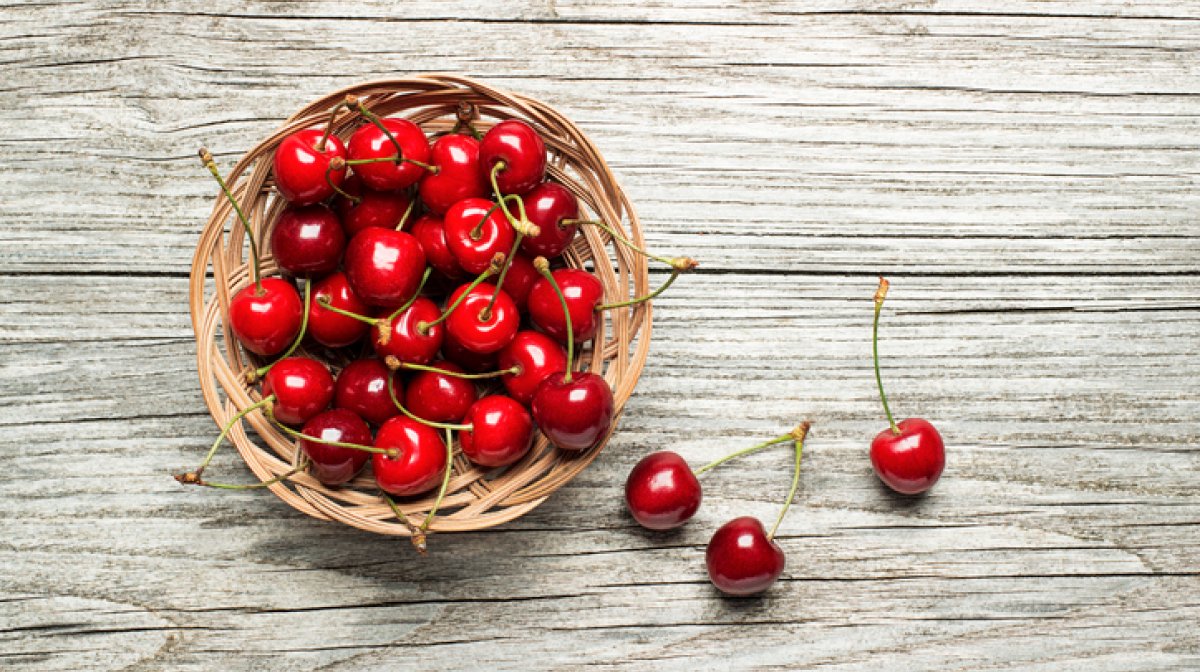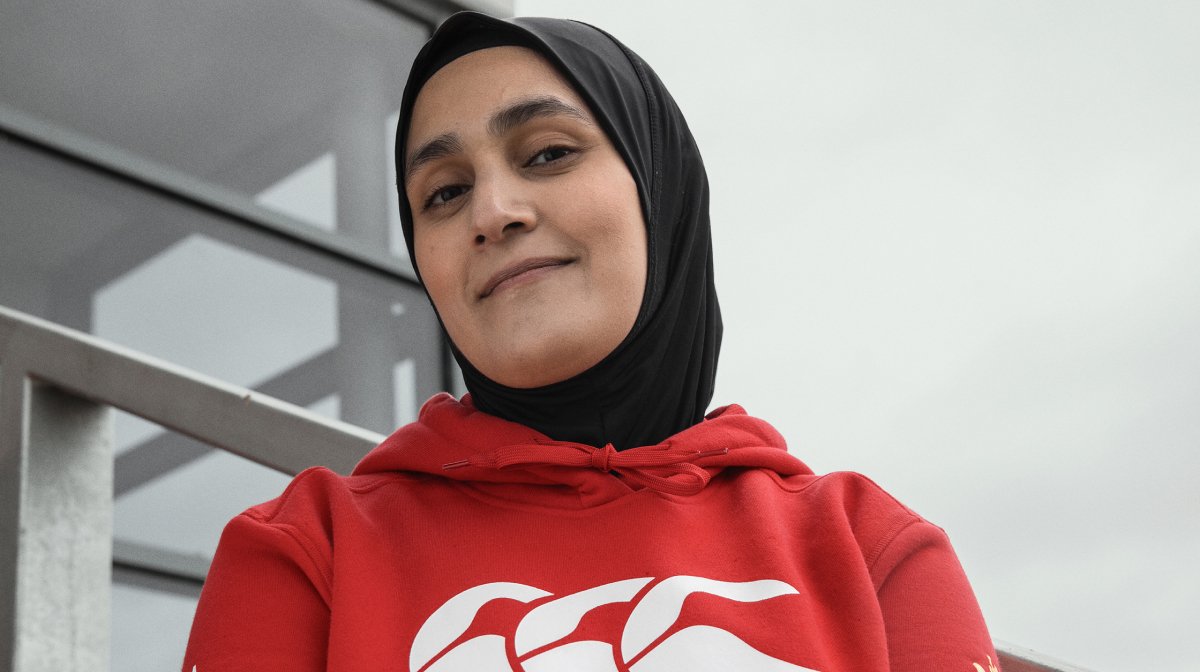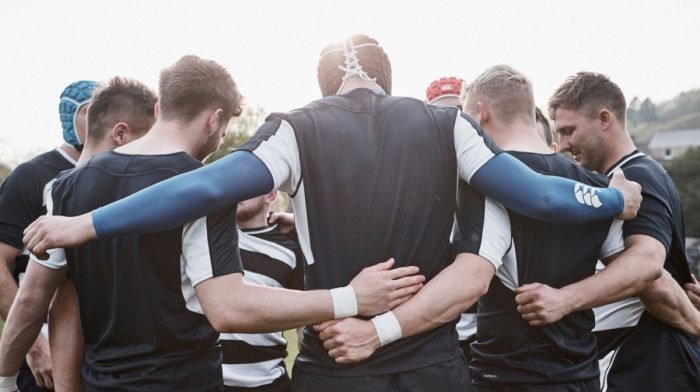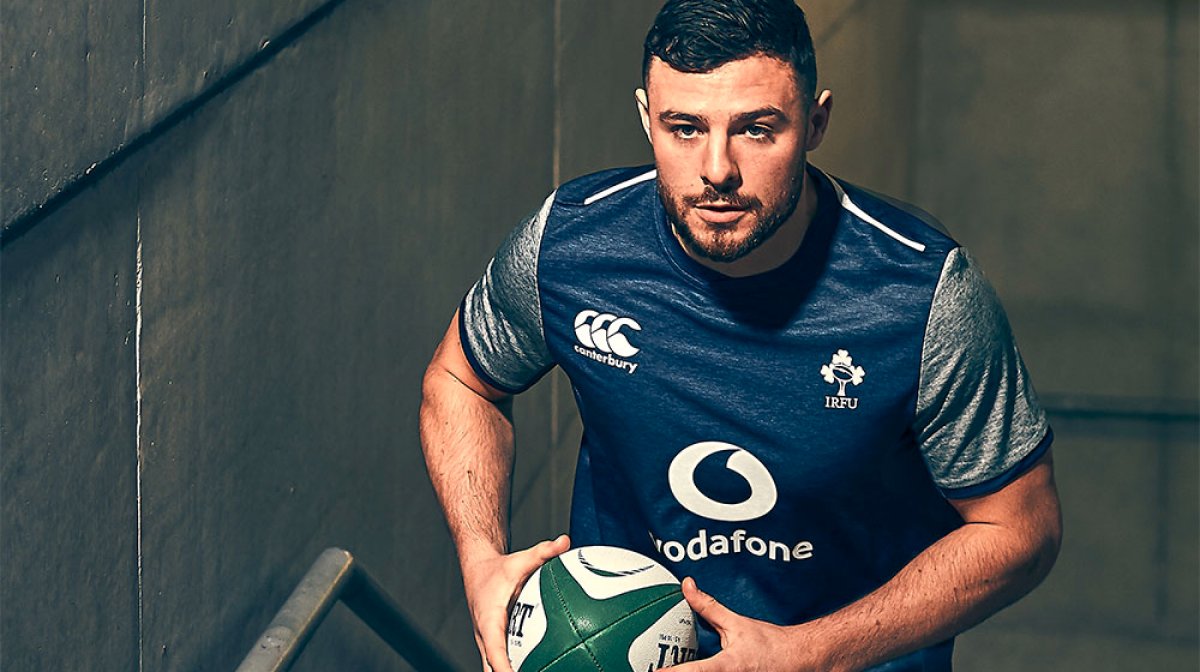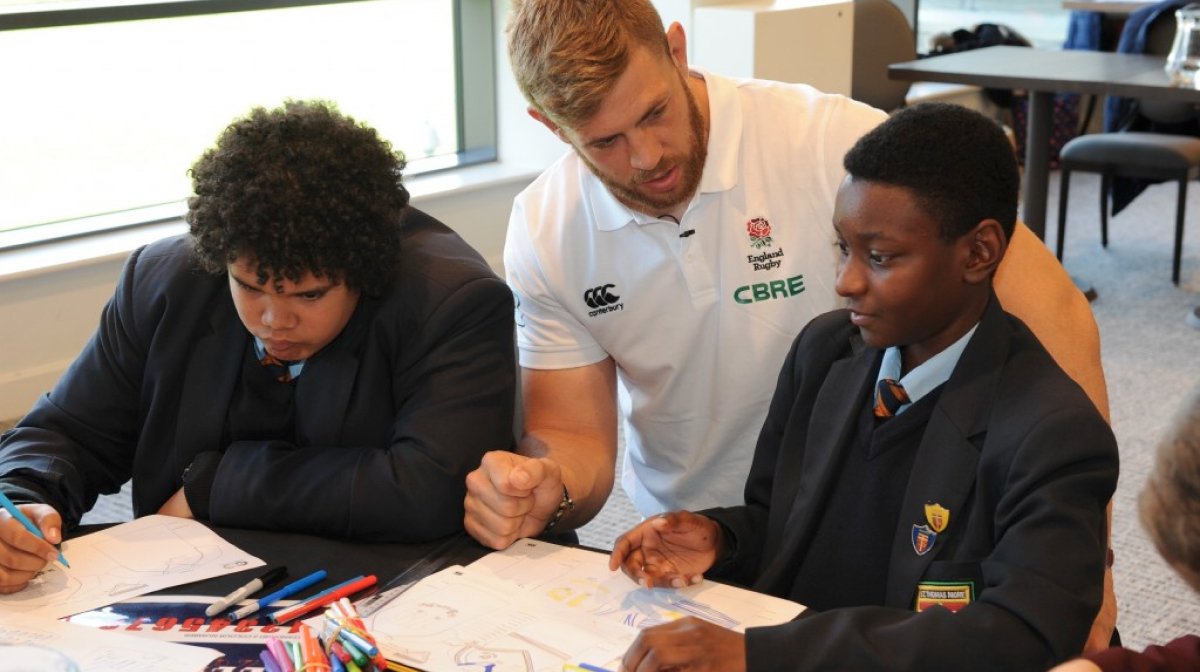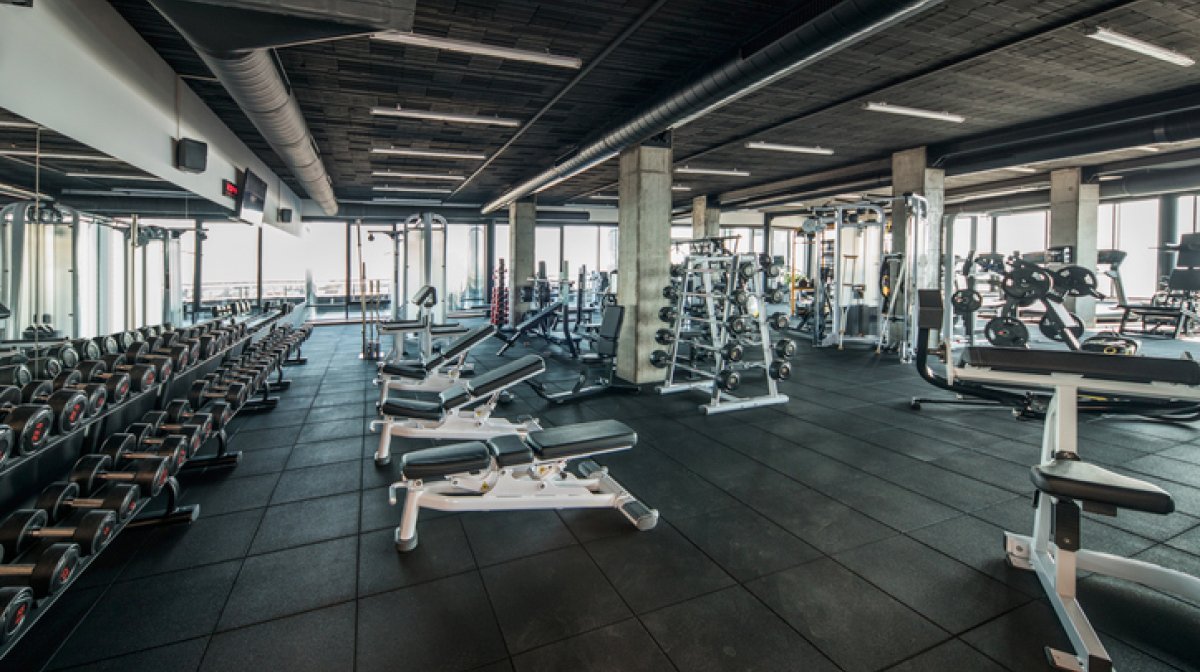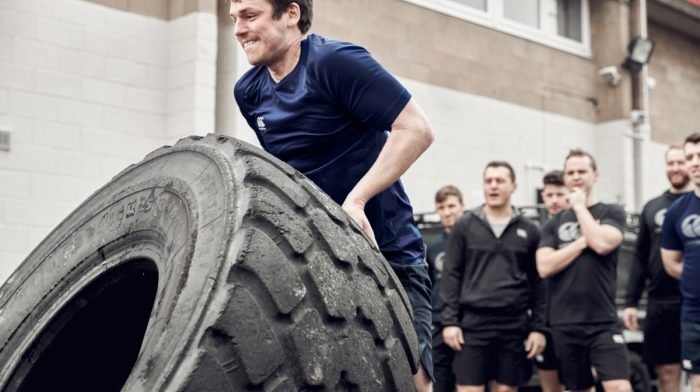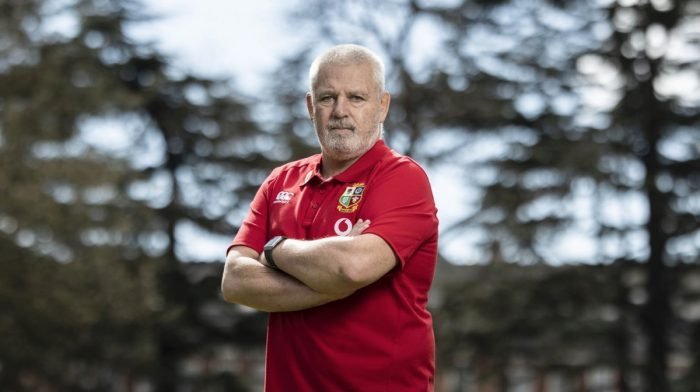When you are suffering aches and pains after a hard game or training session, it is probably best to open the fridge rather than the medicine cabinet.
Inflaming pain
It is not just anti-inflammatory foods that matter – certain foods can cause inflammation and muscle soreness. In order to reach peak fitness and avoid diseases, it’s a good idea to reduce your consumption of complex carbs, fried foods, butter and margarine. Your body will thank you.
That’s just swell
“Some of the foods that have been associated with an increased risk for chronic diseases such as type 2 diabetes and heart disease are also associated with excess inflammation,” says Dr Frank Hu, professor of nutrition and epidemiology in the Department of Nutrition at the Harvard School of Public Health. These foods can also cause weight gain. However, the key issue is that they accelerate inflammatory disease.
Nature’s little helpers
If you are to pursue an anti-inflammatory diet, then you need to be eating vegetables, fruits, wild meats and sprouted seeds. To reduce DOMS (delayed onset muscle soreness), you should have a high intake of dark fruits – and even treat yourself to tart cherries, which have been scientifically proven to increase the levels of melatonin, a sleep hormone that means you get better rest.
Berry special properties
Strawberries, blueberries and tart cherries, as well as tomatoes and even fatty fish such as tuna, should be part of any competitive rugby player’s anti-inflammatory diet. Particular fruits and vegetables such as apples and leafy greens are high in natural antioxidants and polyphenols. Even a cup of coffee can help you act against inflammation.
The right time for carbs
It’s vitally important to your training to know when you can eat the right carbs – not the refined ones, but high-glycemic fruits and starchy vegetables that replenish the body after a hard workout. That muscle soreness will be reduced if you rehydrate – carbs improve hydration. They also contain those precious antioxidants that aid tissue recovery. Again, you pick the right carbs at the right time – berries, tart cherries, and not French fries, however delicious they may be.
Keep yourself hydrated
Drinking enough water during the day reduces muscle soreness, especially if you are training in high temperatures. Dehydration has a negative effect on muscle and heart function – and water is needed to recover from exercise. But don’t just rehydrate after a workout – aim to have water throughout the day, around 40mls per 1kg of bodyweight.
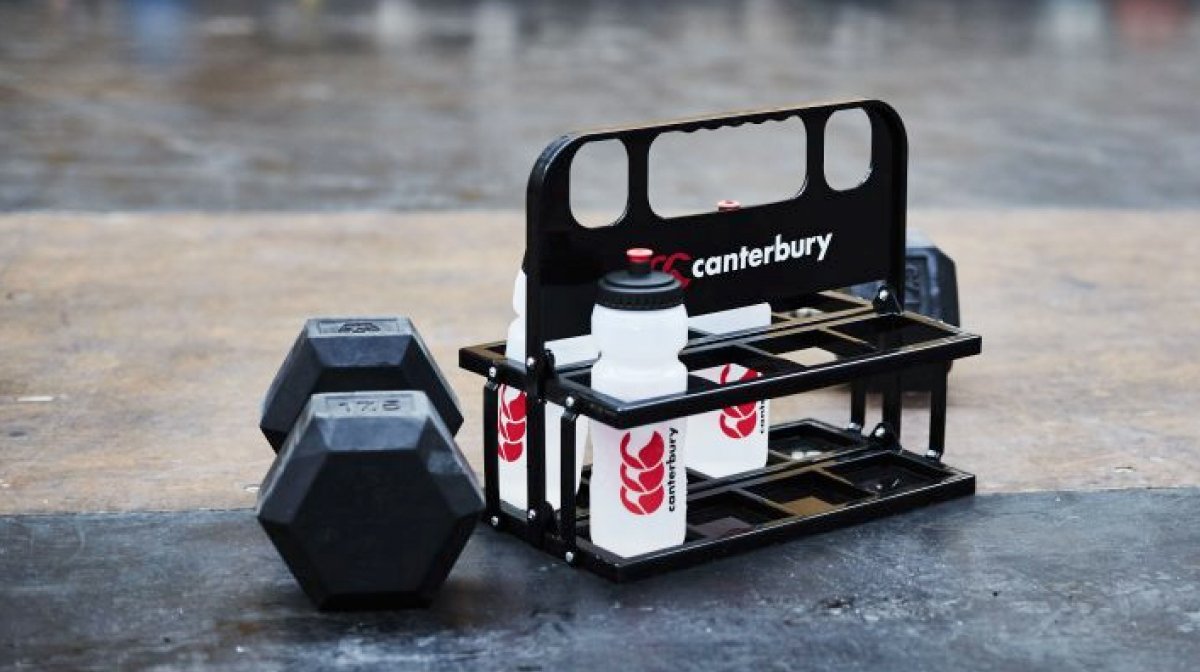
The nuts and bolts
Almonds contain omega-6 fats, which accelerate the repair of your damaged tissues, as well as boosting energy use and antioxidant capacity. If you want to aid muscle recovery, you need these special, ‘healthy’ fats, omega-3 and omega-6, which are found in almonds, walnuts and fish such as tuna and mackerel.
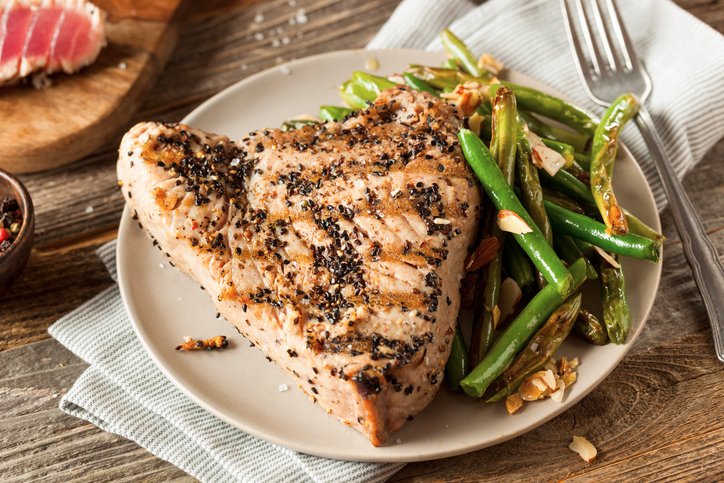
How else to recover?
There are other tips to reduce muscle soreness. Eggs repair your tissues and are packed full of protein – leucine is the most important amino acid for building muscle, and milk contains lots of the stuff. If you want to reduce inflammation, cut out refined and high-fat foods, and stick to nature’s larder of nuts and berries.
